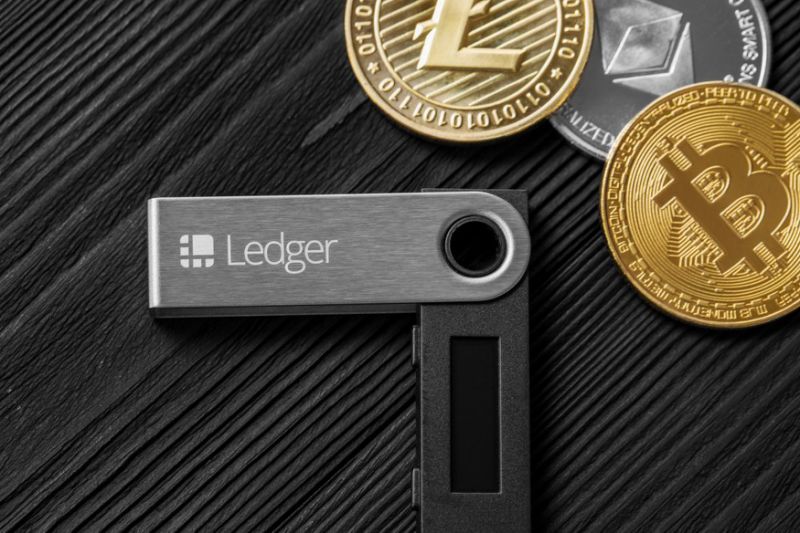
Investing in traditional stocks, traders deposit and withdraw capital from a bank account tied to existing banks across the world. On the other hand, investing in cryptocurrency and ICOs requires the use of a digital wallet, which helps to store, manage, transfer and receive cryptocurrency.
A personal and private e-wallet can be easily created on major crypto exchanges or wallet service providers website. All you have to do is to fill up your personal particulars, as you would when creating an account on any other website. From there, you will receive a personal code number, known as a wallet ‘address’ – this unique address contains 34 characters in a mix of both numbers and alphabetical letters.
There are two types of wallets:
Cold (Hardware) Wallets – Your cryptocurrency will be stored in a portable, hand-held device that resembles a thumb drive. Popular hardware wallet brands include Ledger Nano S, KeepKey, Trezor, and these can all be ordered easily online. The advantage of storing your crypto assets in a hardware wallet is that the chances of hacking your wallet decreases dramatically, but similarly, the disadvantage is that if you lose your wallet, there is no way to retrieve it. Thus, it is paramount for traders with hardware wallets to find a way to secure it. People who use hardware wallets are usually those who own a huge amount of cryptocurrency.
Hot Wallets – Your wallet and its contents are stored online via crypto exchanges or digital wallet service providers. Like anything existent on a network, you run the risk of your wallet being hacked, and so the use of hot wallets are suitable for people with small amounts of digital money.


